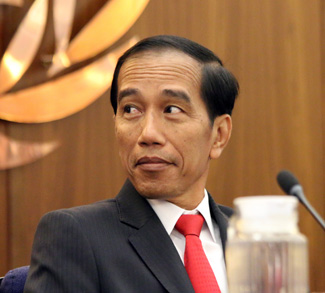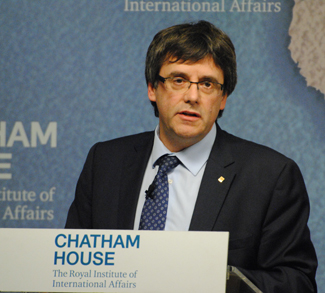Summary
Indonesia’s Corruption Eradication Commission (KPK) announced what is potentially its biggest case yet. The file involves two civil servants on trial for corruption linked to the procurement of electronic identity cards. But it doesn’t end there. So far, a further 37 senior politicians and bureaucrats have been implicated in the scheme. The scandal is said to have cost $170 million in state funds, and it dates all the way back to 2009. Members of the ruling Indonesian Democratic Party of Struggle (PDIP), including the justice minister and the speaker of the lower house of parliament have all been caught up in the scandal. And now the government of President Joko Widodo finds itself under pressure from all sides.
President Widodo had pledged increased transparency upon taking office in 2014, but despite his efforts, graft remains firmly embedded in Indonesia’s politics and business dealings. Overall the south-east Asian giant ranked a lowly 90 out of 176 countries in Transparency International’s most recent Corruption Perceptions index. Indonesians still perceived parliament as the most corrupt national body in a recent survey from Transparency International, although the KPK also detained a Constitutional Court judge on suspicion of bribery this January.
Background
Indonesia’s Corruption Eradication Commission comes of age? The KPK (Komisi Pemberantasan Korupsi) was formed in 2002. Up until then, the authority to conduct anti-corruption activities had belonged to police and prosecutors; they failed to check the extraordinary nature of corruption in Indonesia. The popular KPK has claimed some successes in its brief existence, but it has also been the target of graft probes itself, some of which are politically motivated. Despite all this, the KPK remains of one the country’s most admired and trusted institutions, giving further weight to the charges it is leveling against the ruling PDIP.




